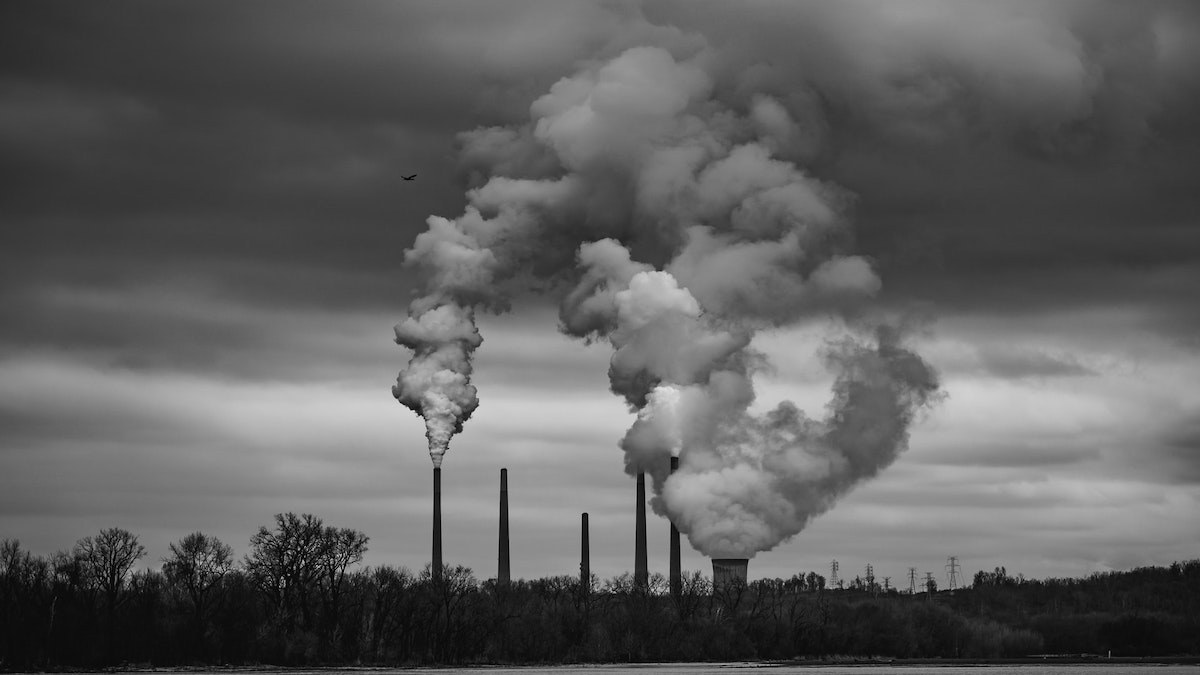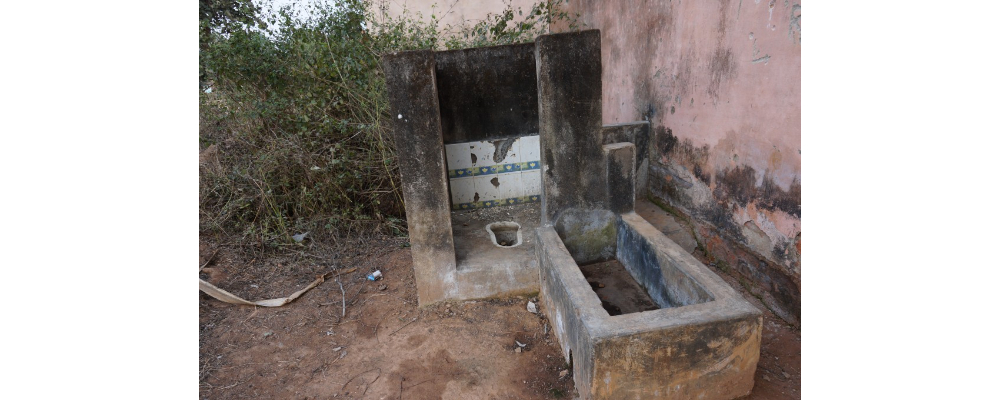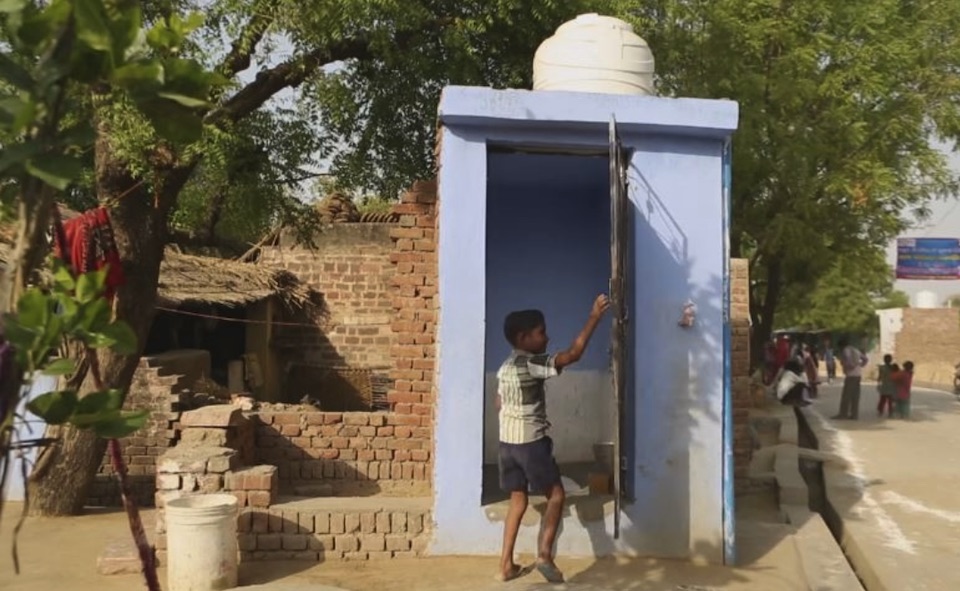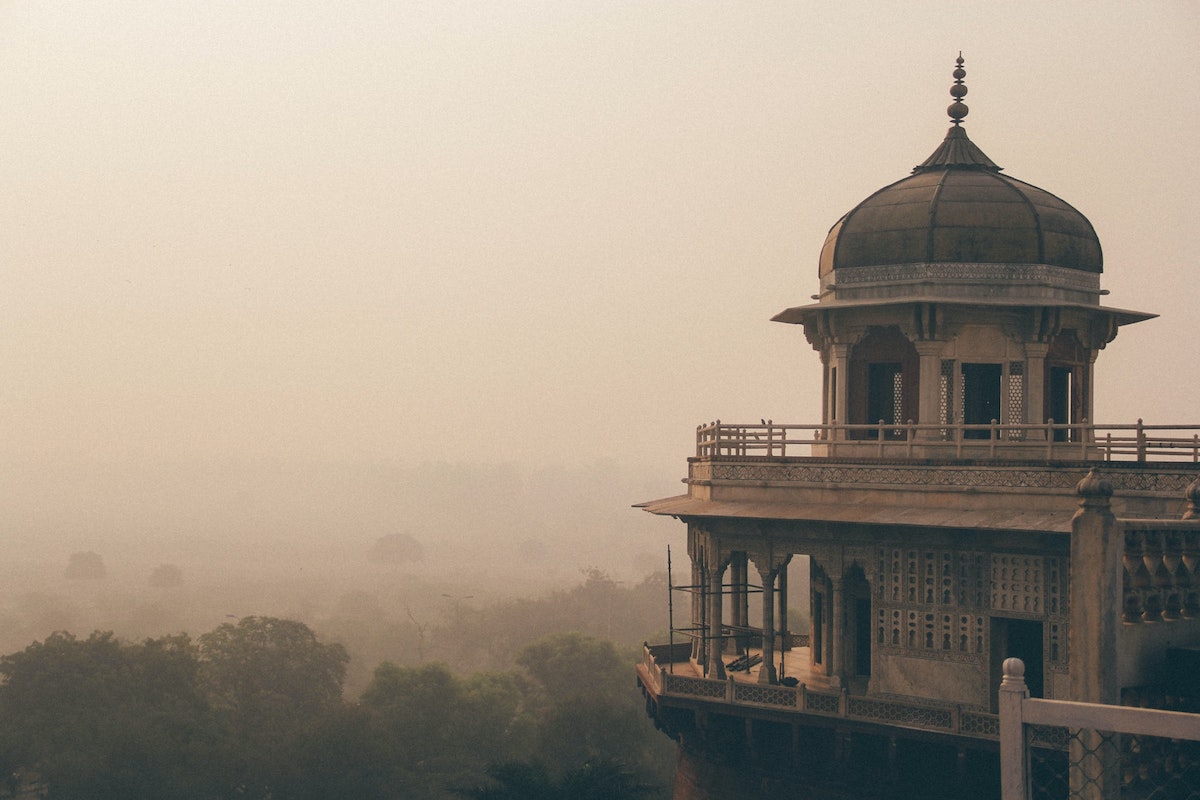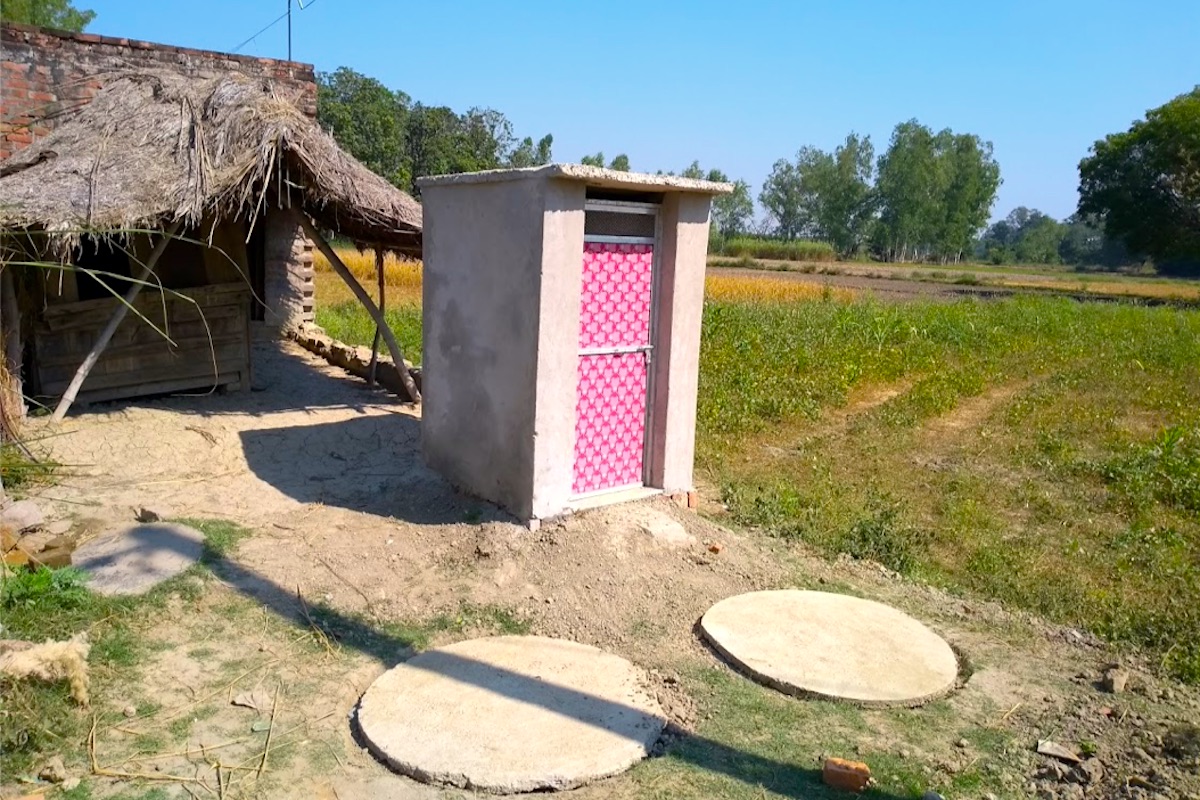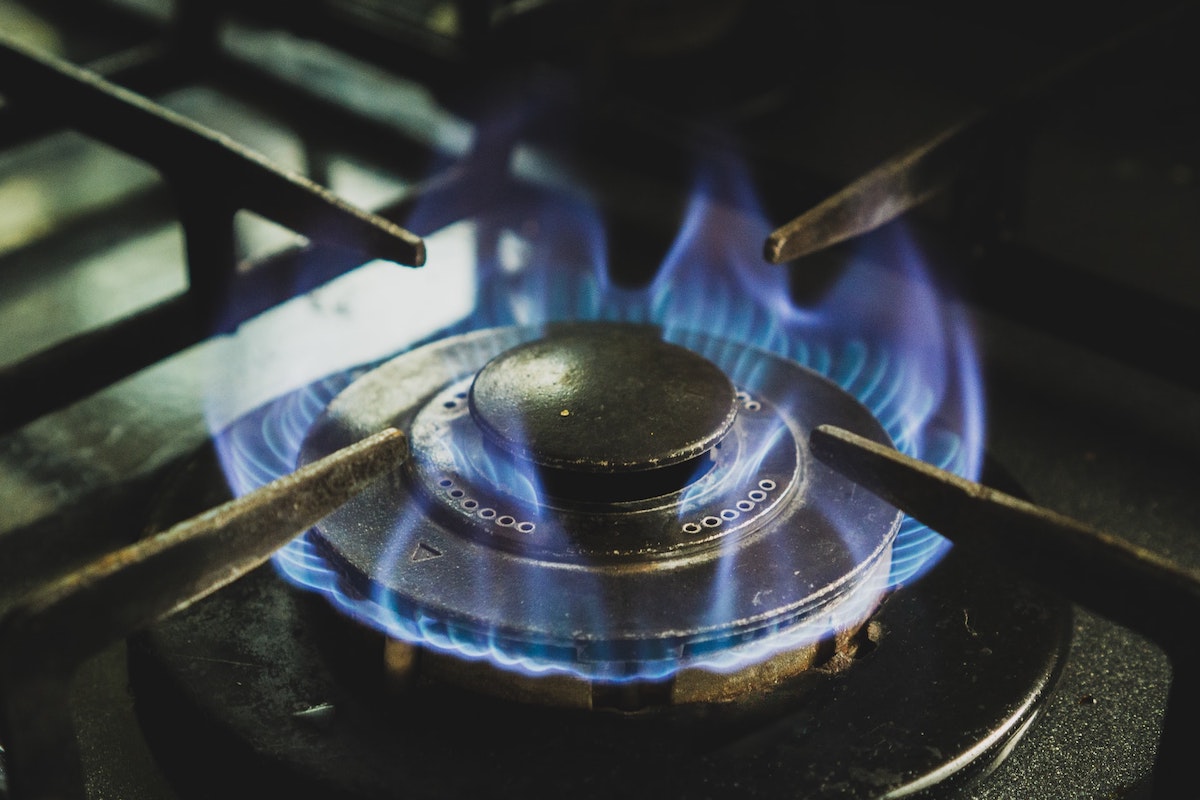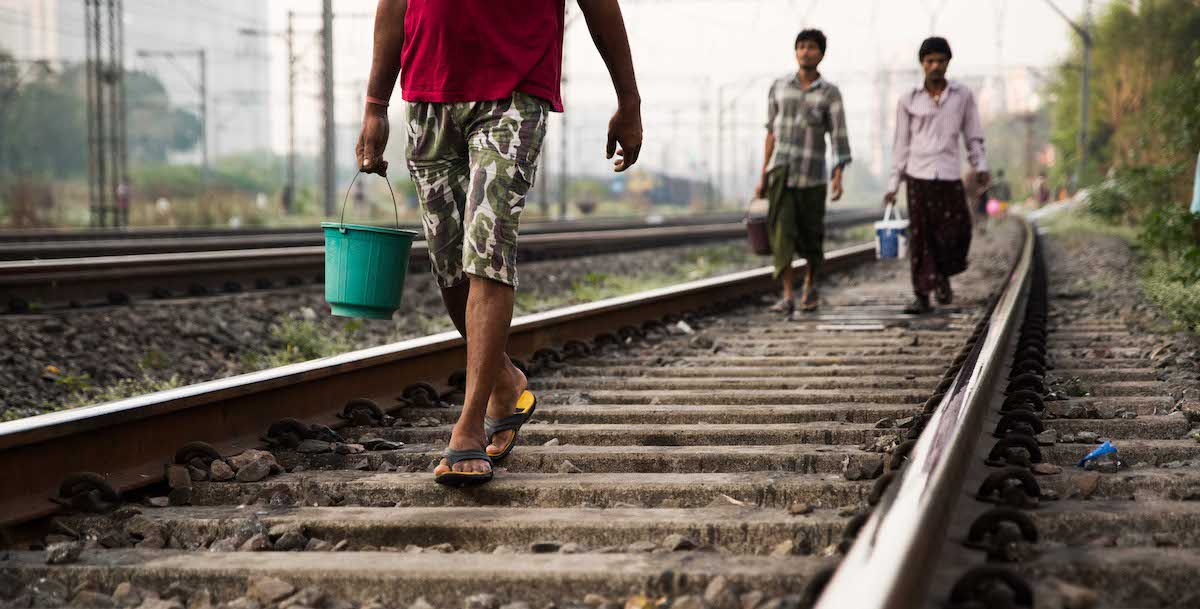The Indian Government created the National Clean Air Programme (NCAP) with an ambitious aim to reduce air pollution in 131 cities by 40% by 2026. If successful, NCAP would be one of the most important environmental policies in history. We evaluate the effect of NCAP, and find a precisely estimated zero effect.
Hi, I'm Sangita Vyas.
I'm a development economist and demographer, and an Assistant Professor in Economics at CUNY Hunter College.
About
My research focuses on the interrelationships among health, the environment, and social inequality in India. I'm particularly interested in the causes and consequences of poor air quality and poor sanitation. I'm trained in economic demography, applied microeconomics, and econometrics.
TEDx Talk
In 2015, I spoke at TEDx WalledCity in New Delhi on why so many rural Indians defecate in the open. The video has over 2.5 million views.
Latest Research
Consequences of coercive policies for survey measurement: Evidence from India's Clean India Mission
This paper studies the consequences of policy change for social desirability bias in survey responses in the context of a large-scale and highly-salient sanitation program in India.
Changes in child height and open defecation in rural India: Understanding improvements between the two most recent demographic surveys
This paper studies the extent to which the dramatic reduction in open defecation exposure in India between 2015 and 2019 can statistically account for the increase in child height over this period of time.
Is Less Really More? Comparing the Climate and Productivity Impacts of a Shrinking Population
A smaller human population would produce less carbon emissions, other things equal. This fact has led to the view that an important benefit of the ongoing, global decline in fertility will be reductions in long-run temperatures. Here we assess the magnitude and economic significance of this relationship.
Latest Media
Let's talk about toilets | Council on Foreign Relations Podcast
Why do so many rural north Indians defecate in the open?
Cooking with gas, not wood | The Hindu
Using cleaner fuels such as LPG is essential to reduce rural air pollution and improve health. What can policymakers do to achieve exclusive use of clean fuels in rural India?
Coercion, construction, and ‘ODF paper pe’: Swachh Bharat according to local officials | India Forum
The Swachh Bharat Mission has turned out to be a top-down programme in which villagers are often coerced into building latrines, with relatively little focus on latrine use.
Swachh Bharat Mission gains have come at a cost | Hindustan Times
Coercive and threatening tactics were used in all of the states to compel people to build and use latrines.

